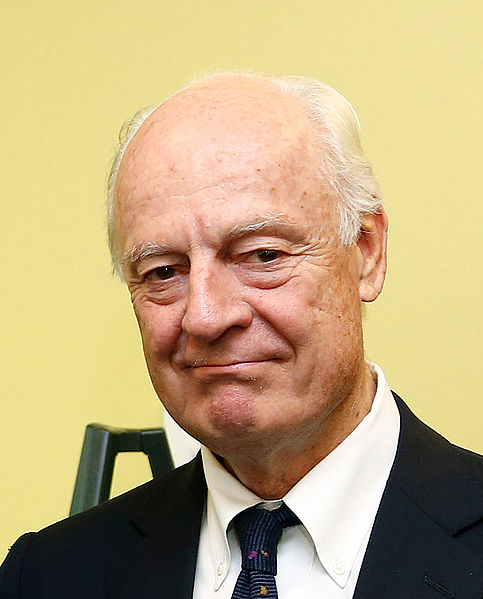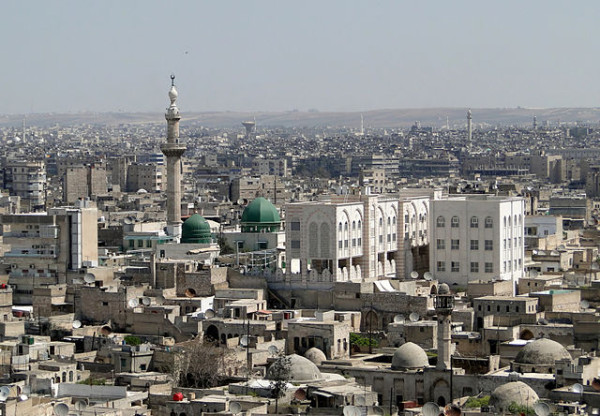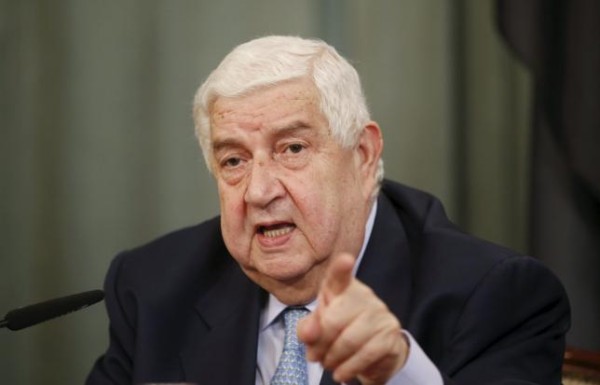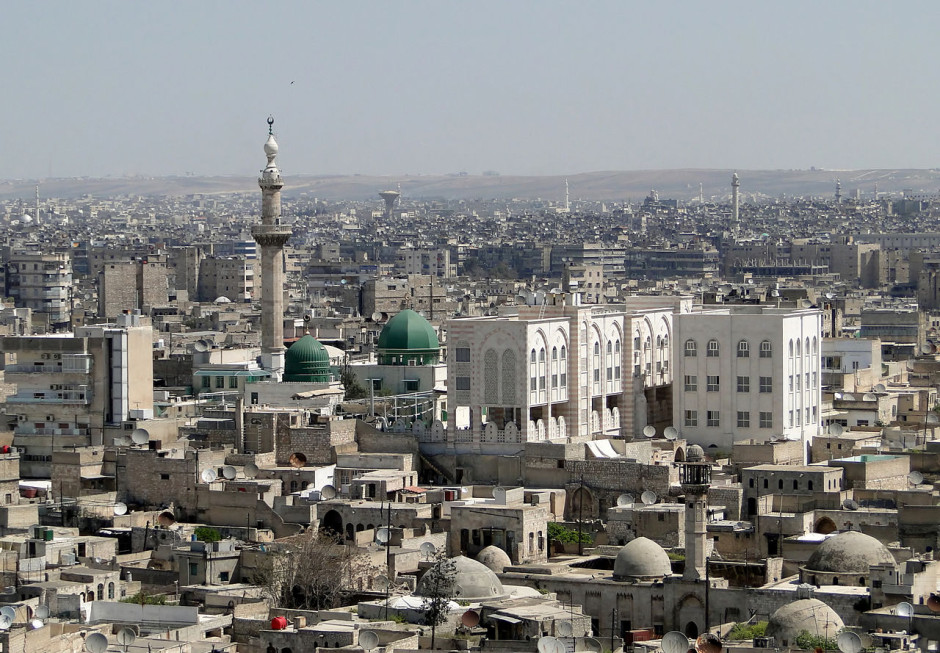The impasse in the protracted civil war in Syria is so profound that even the prospect of successful peace talks to end the nearly five-year-old conflict seems outlandish and unrealistic.

On February 3, after two days of preliminary discussions in Geneva, United Nations mediator Staffan de Mistura threw up his hands in utter despair and suspended the negotiations until February 25.
“I’m not prepared to have talks for the sake of talks,” he said after conceding that the two sides — the Syrian government of President Bashar al-Assad and a coalition of rebels seeking his ouster — could not establish a suitable basis for even indirect negotiations.
The United States and Russia worked hard to persuade the warring parties to resume talks, which were broken off two years ago. U.S. Secretary of State John Kerry and Russian Foreign Minister Sergei Lavrov managed to persuade their respective Syrian partners that they had nothing to lose by giving peace a chance.
At least 250,000 Syrians have been killed in this fratricidal war. Six million Syrian civilians have been internally displaced and 4.3 million Syrians have been driven into exile, burdening neighboring countries like Turkey, Lebanon and Jordan with an unprecedented refugee problem.
Almost one million of these refugees have washed ashore in Europe in the past year, forcing European Union nations to absorb them at a cost of billions of dollars. As they desperately pour into Europe, Syria — one of the most advanced Arab societies before 2011– is being incrementally destroyed in fierce fighting.

Once vibrant Syrian cities like Aleppo and Homs resemble war zones. Syria has been plunged into the heart of darkness.
In the absence of a strong central government, the vacuum has been filled by a plethora of mutually antagonistic militias and Islamic State, a Sunni jihadist organization that has captured and holds about one third of Syria’s territory.
The war has grown infinitely more complex because it has morphed into a proxy war.
The United States, the European Union and conservative Arab Sunni states like Saudi Arabia and Qatar support an array of rebel forces trying to unseat Assad, a member of the Alawite minority in predominantly Sunni Syria.
Assad, whose primary goal is survival, is backed by Russia, Syria’s main arms supplier; Iran, the preeminent Shiite power in the Middle East; Hezbollah, the Lebanese militia which normally is preoccupied with Israel, and Shiite fighters from Iraq. Reports suggest that Cuba has sent army officers/soldiers to Syria.
Despite the foreign assistance it has received, the Syrian regime has failed to subdue the rebels, which is one reason why Assad agreed to a resumption of peace talks in Geneva in the first place.
Before agreeing to participate, rebel commanders demanded a ceasefire, the release of prisoners and progress on humanitarian issues like the provision of food and medicine to civilians caught in the crossfire.
It isn’t clear whether Assad promised to abide by these demands, but the Geneva talks collapsed after the Syrian army launched an offensive aimed at recapturing Aleppo, the largest city in Syria.
The Syrian blitz, bolstered by Russian air strikes, has prompted tens of thousands of civilians to head for the Turkish border. Two and a half million Syrians already live in Turkey, which recently received $3.5 billion in aid from the European Union to absorb new waves of refugees and stop others from migrating to Europe.

Rightly or wrongly, Syria believes that the fresh offensive signifies that the war is finally drawing to a close. It’s probably an overly optimistic assessment, but Syrian Foreign Minister Walid al-Muallem is sticking to the official script. On February 6, in a blustery speech at a news conference in Damascus, he claimed that rebel representatives in Geneva were not “real Syrians” and rejected talks with preconditions.
And in a scorching warning directed mainly at Saudi Arabia, which has threatened to dispatch troops to Syria to fight Islamic State, Muallem declared, “Any ground intervention in Syria without the consent of the Syrian government will be considered an aggression that should be resisted by every Syrian citizen. I regret to say that they will return in wooden coffins.”
Judging by the heated rhetoric and the conditions on the ground, the war in Syria is likely to drag on interminably, causing many more casualties and forcing increasing numbers of Syrians to flee for their lives.
